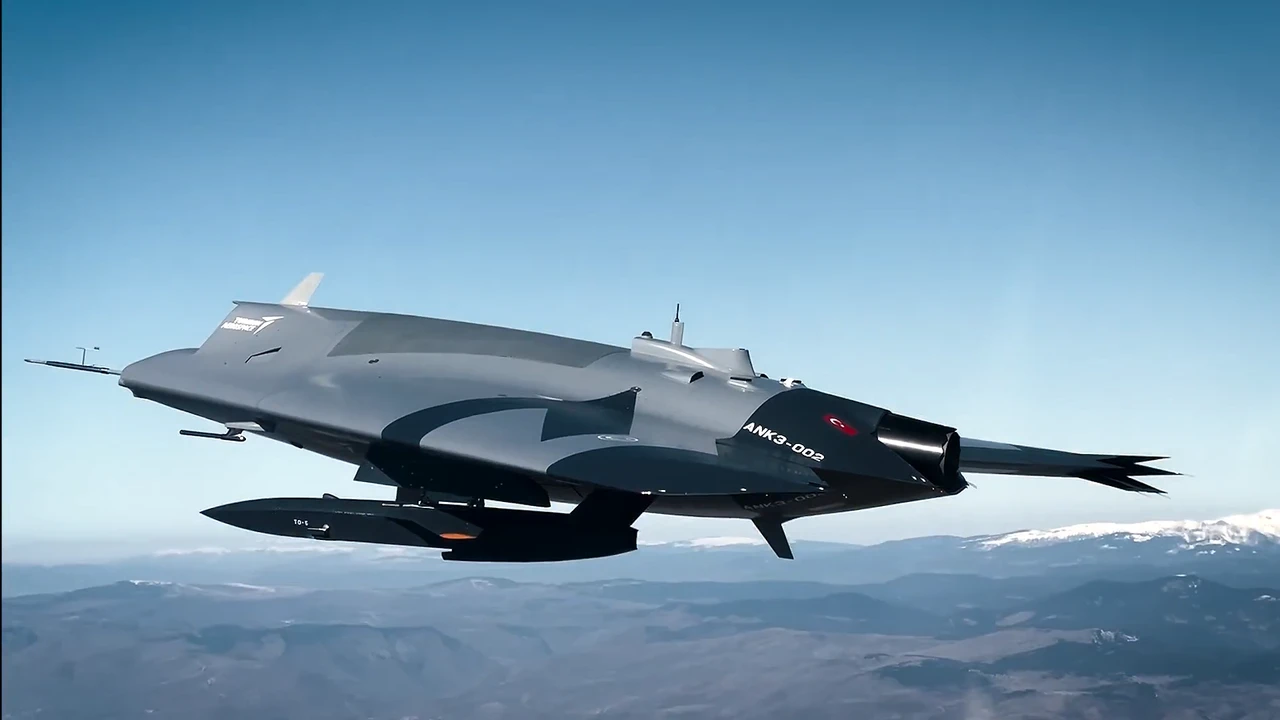Greece launches naval modernization program in response to Türkiye’s advancements
 A Greek military naval ship in the open sea. (AFP Photo)
A Greek military naval ship in the open sea. (AFP Photo)
Greece has unveiled a 12-year naval modernization plan aimed at strengthening its fleet by 2037 in response to Türkiye’s ambitious domestically-driven defense initiatives.
The plan, which includes the acquisition of new warships and the upgrade of existing ones, underscores growing competition in naval capabilities in the Eastern Mediterranean.
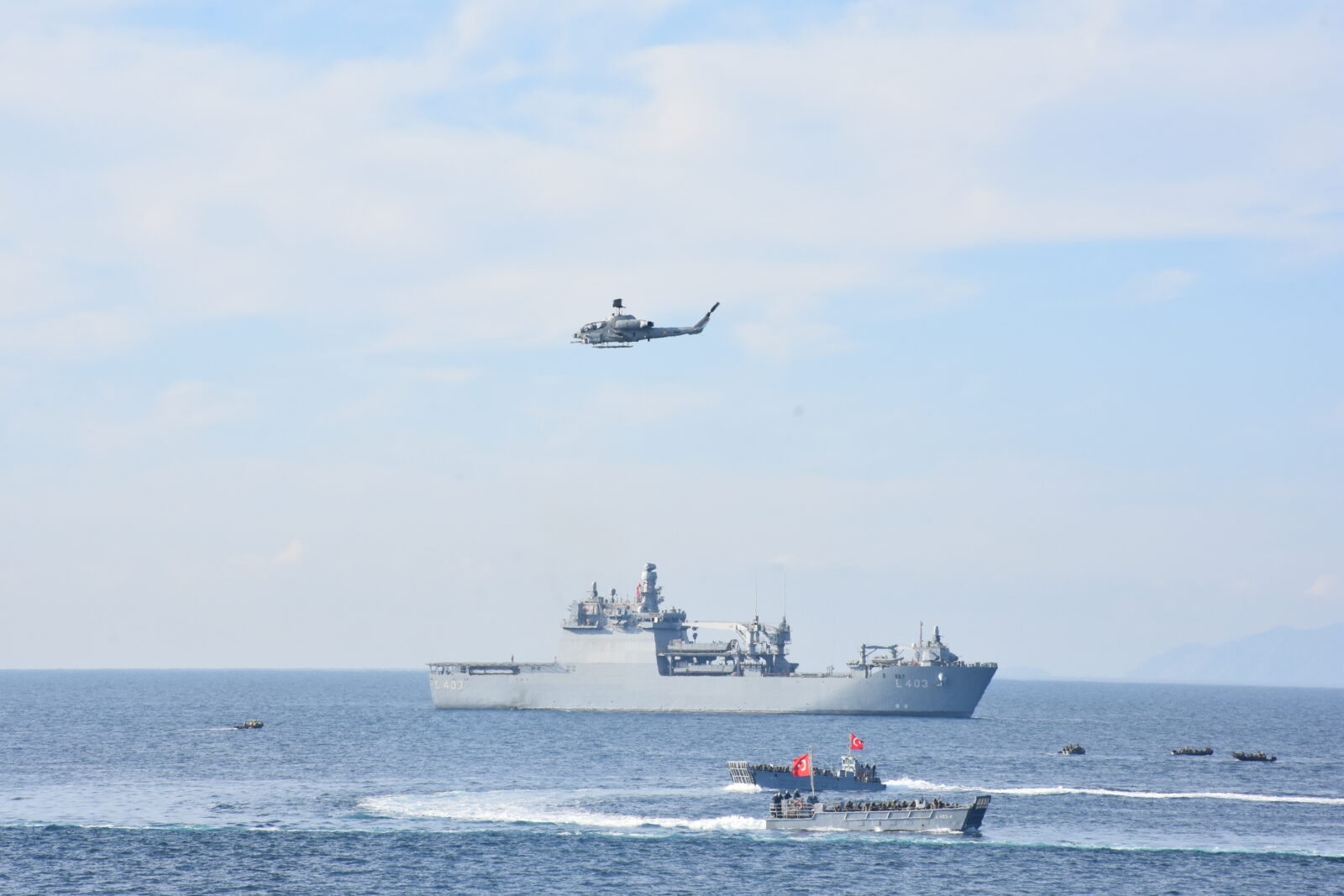
Key components of Greece’s naval modernization
The Greek Navy’s modernization program includes several critical objectives:
- Belharra frigates: Greece has increased its order of French-made Belharra frigates from three to four, with negotiations underway for the additional vessel. The first frigate is set to be delivered this year.
- Meko frigate upgrades: Four German-built Meko frigates will undergo significant modernization.
- New frigate and corvette programs: Greece plans to join the U.S. Constellation-class frigate program, expected to commence production after 2030, and the European-backed MMPC corvette project.
- Submarine enhancements: Modernization of Germany’s Type 214 submarines and the acquisition of new ones are also included in the plan.
- Island-class patrol vessels: Two additional patrol vessels from the U.S. will bring Greece’s fleet to six.
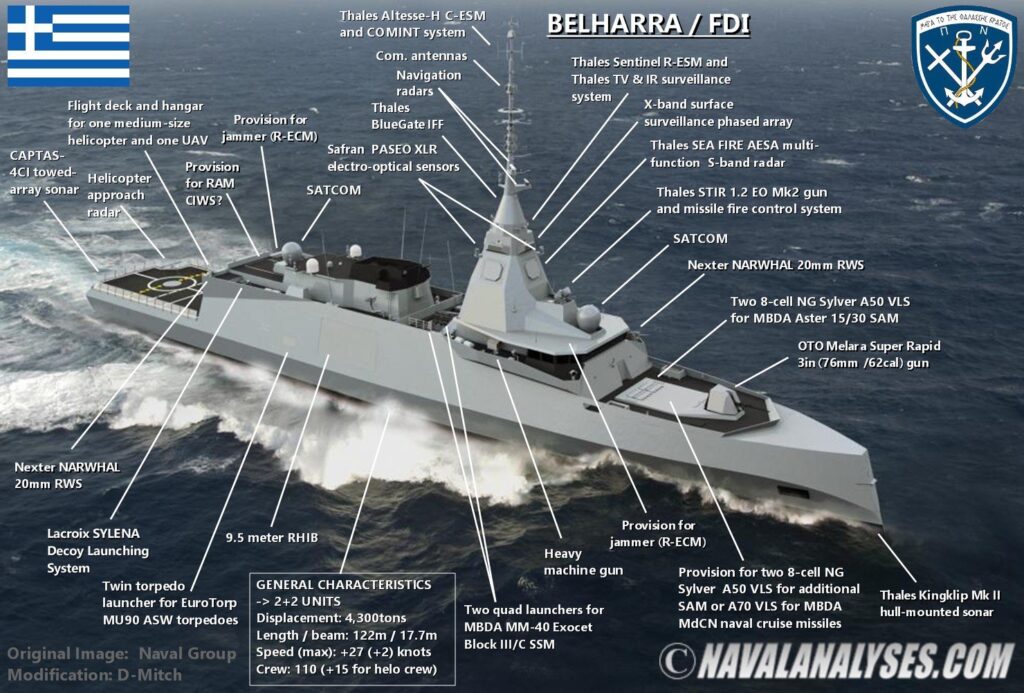
Türkiye’s naval expansion draws Greek focus
Türkiye’s defense efforts, which include the construction of 31 warships and equipping them with domestically-produced missiles such as Atmaca and MIDLAS, have received extensive coverage in Greek media.
The Turkish Ministry of Defense recently announced that its shipbuilding projects were progressing successfully at local shipyards.
Greek daily Kathimerini noted, “Türkiye is persistently pursuing a massive program to renew its navy with domestic production and arm its warships with indigenous missiles. In contrast, Greece did nothing to strengthen its navy between 2010 and 2020.”
The Greek Navy’s primary challenge is a shortage of personnel caused by widespread resignations and other contributing factors.
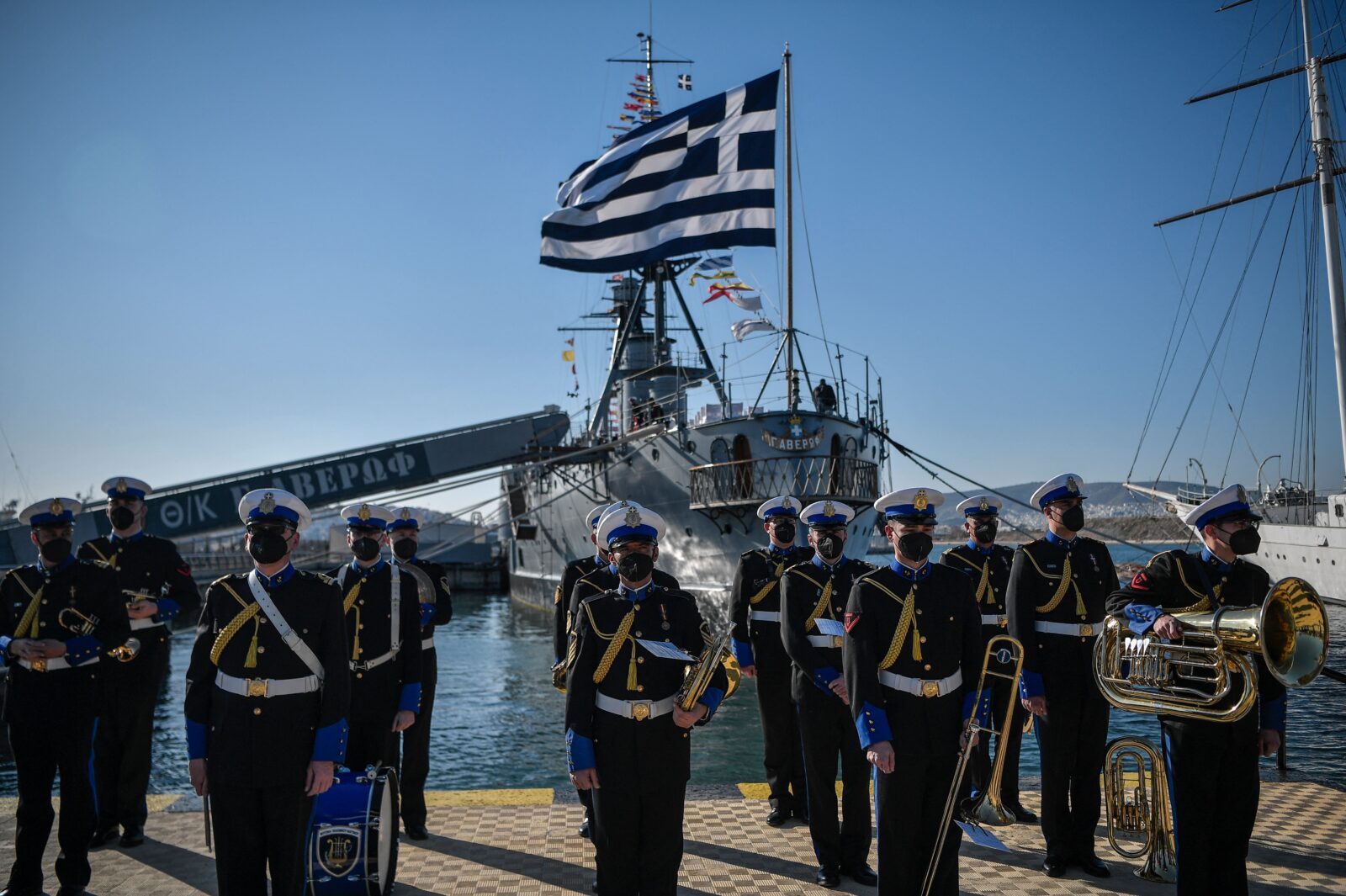
High resignation rates among first-year students in Greece‘s military academies are raising concerns within the Greek Ministry of National Defense.
According to data from the Panhellenic Federation of Military Unions (POES), nearly one in four recruits has already dropped out, prompting discussions about retention challenges and reforms.
- Military School Evelpidon: 30 first-year and eight second-year resignations out of 138 and 100 recruits, respectively.
- Naval Cadet School: 40 resignations among 95 first-year recruits.
- Air Force Academy: 24 first-year students resigned from a total of 129 recruits.
Similarly, high resignation rates have been reported in non-commissioned officer schools.
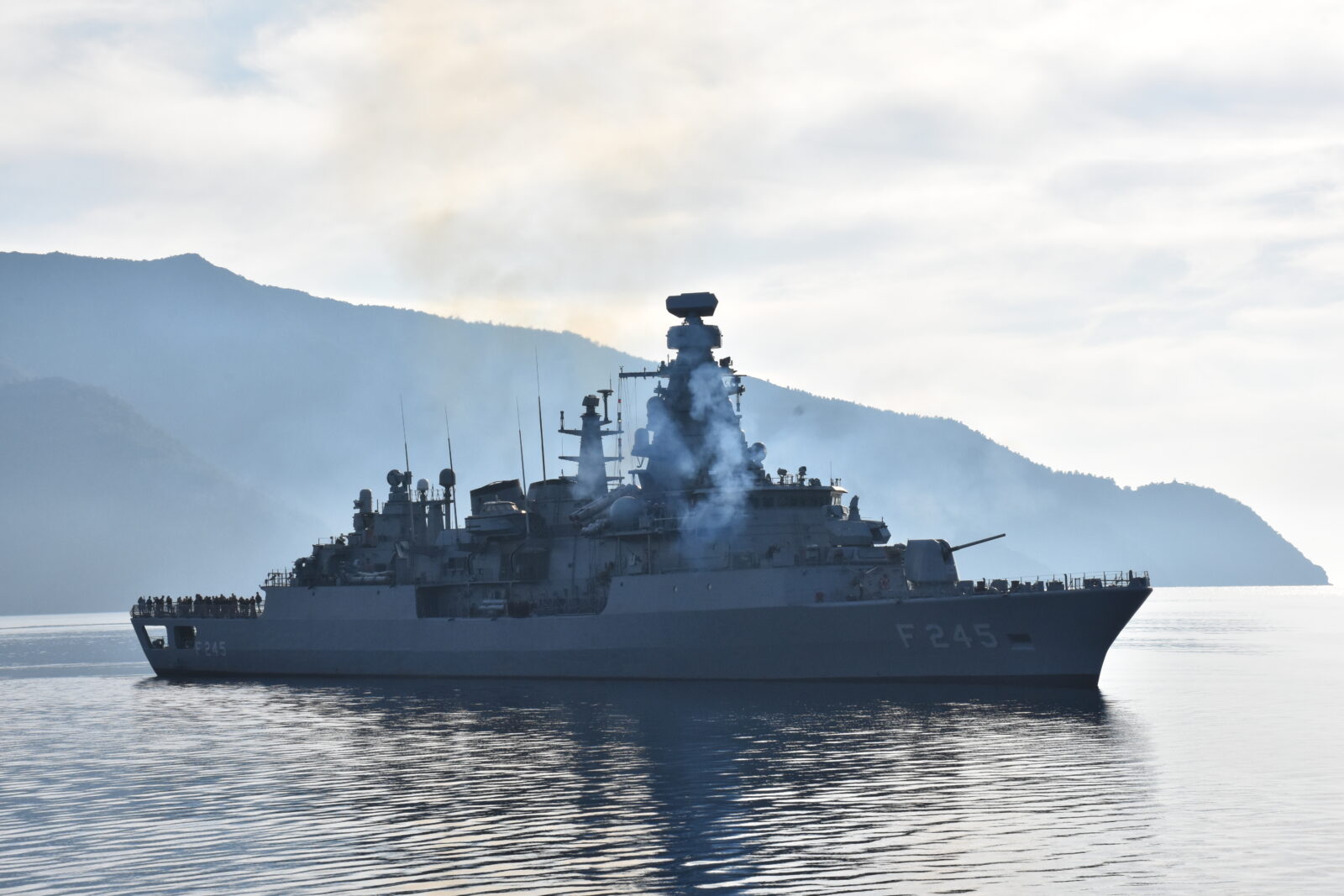
Strategic implications in Eastern Mediterranean
The dual naval programs reflect the broader strategic rivalry between the two nations in the Eastern Mediterranean. As Türkiye focuses on enhancing its self-reliant defense capabilities, Greece’s modernization efforts show its reliance on international partnerships with “allies” such as France, Germany, and the U.S.
Analysts argue that Greece should rely on its own resources but highlight that replacing such costly systems will remain a challenge for a long time. Recently, Greece has made significant strides in armament, acquiring advanced and expensive systems like the Dassault Rafale and F-35A for its Air Force.
There are growing concerns that Athens, facing long-term economic and personnel challenges, may struggle to effectively operate these advanced systems.
Türkiye continues to strengthen its inventory with highly localized platforms developed domestically, while the Turkish Naval Forces exemplify strategic vision by taking timely and effective initiatives.


